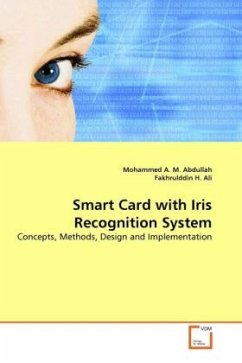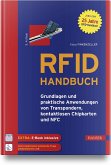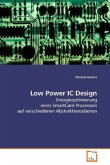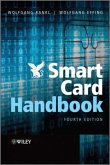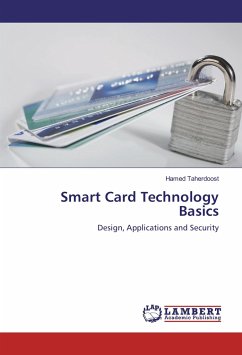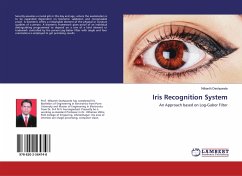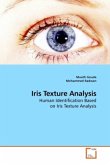The use of the human iris as a mean of identification has proved to be one of the most secure methods. The iris is protected from the environment, stable over time and contains high amount of information. Thus, it has come into use in many applications. Smart cards are beginning to be utilized as a form of identification or authentication. One of the inherent problems with smart cards is the possibility of loss or theft. Current options for securing smart cards are primarily restricted to passwords. Passwords are easy enough for others to steal so they do not offer so much protection. Therefore, it is a good idea to integrate iris recognition with smart card to develop a highly secured environment. This work presents an overview of the literature behind iris recognition and it gives an insight into the concepts, methods and their implementation while providing key references for those interested in learning more. It also sheds some light on integrating smart card with iris recognition, and should be especially useful to students and researchers in fields of iris recognition, or anyone else who want to discover this exciting technology.
Bitte wählen Sie Ihr Anliegen aus.
Rechnungen
Retourenschein anfordern
Bestellstatus
Storno

